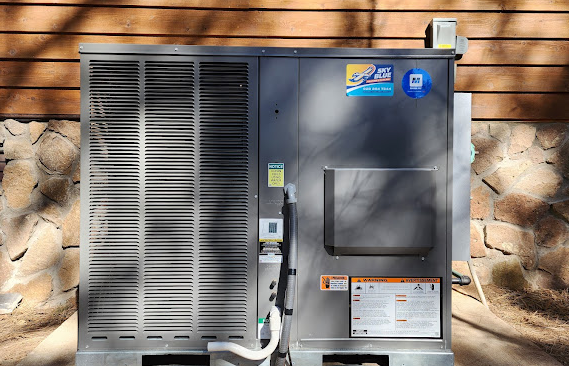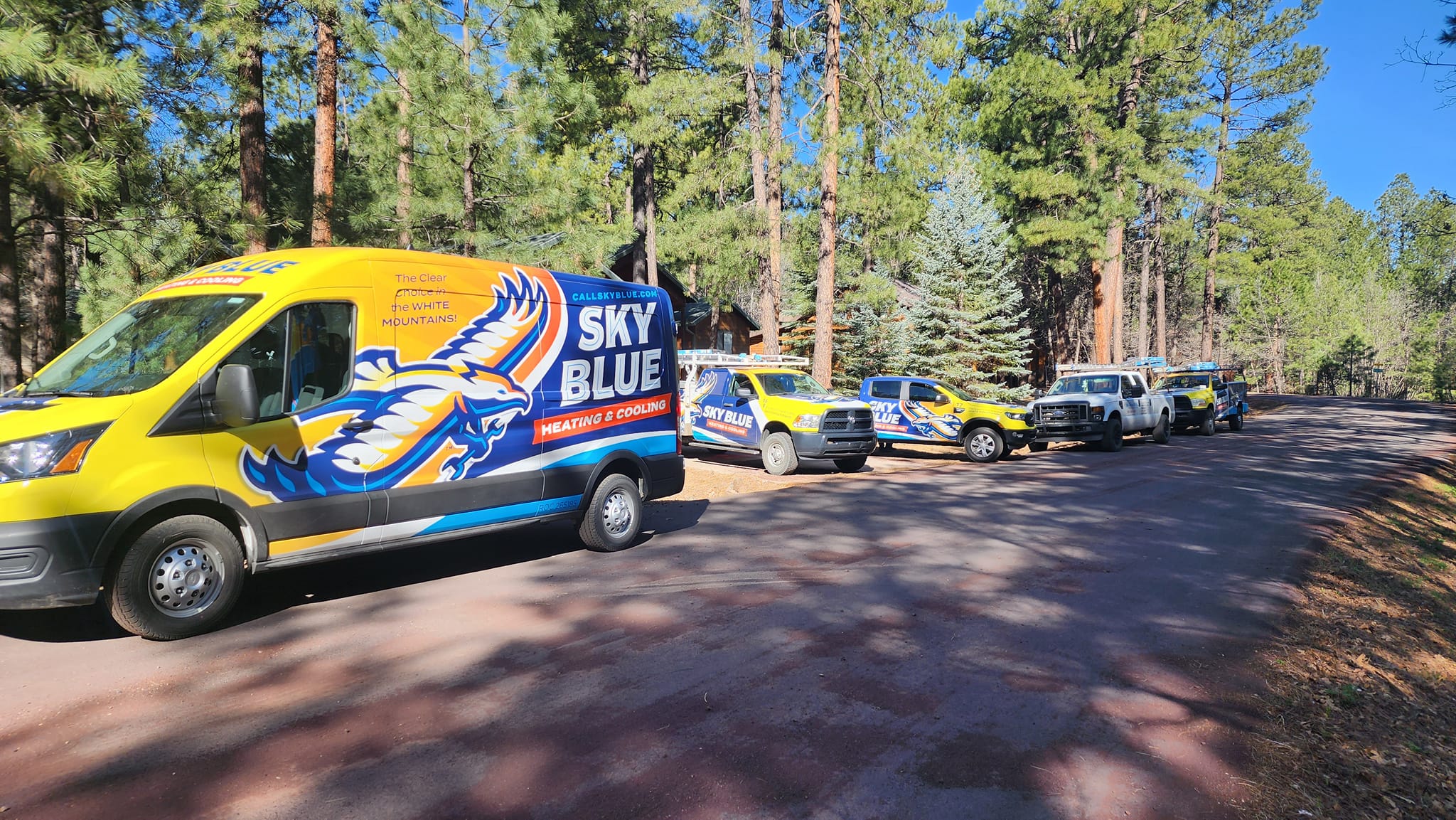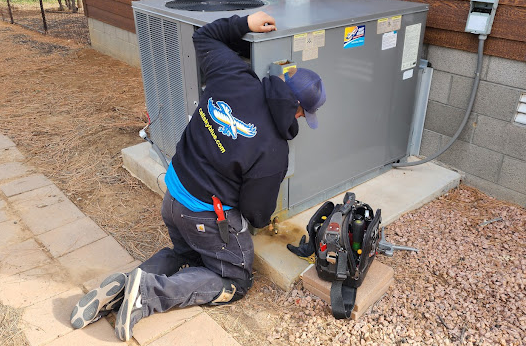Common HVAC Issues That Affect Performance
Your HVAC system is designed to keep your home comfortable year-round, but certain problems can lead to reduced performance, higher energy bills, and unexpected repair needs. Below are some of the most frequent issues homeowners in Whiteriver face:
Blocked Airflow
Dusty or clogged filters are one of the leading causes of reduced airflow in HVAC systems. When airflow is restricted, your HVAC system is forced to work harder than necessary, which strains components and increases your utility costs.
Low or Leaking Refrigerant
Your air conditioner depends on the proper level of refrigerant to cool your home. A refrigerant leak can result in weak airflow, reduced cooling power, and warm air blowing from vents. Over time, low refrigerant levels can severely impact your cooling system’s performance and longevity.
Thermostat Problems
When thermostats malfunction or become misaligned, your HVAC system may short cycle or run inefficiently. This can cause inconsistent indoor temperatures, increased wear on equipment, and energy waste. Accurate thermostat control is crucial for optimal comfort.
Dirty Evaporator Coils
Evaporator coils are essential for extracting heat from your indoor air. If these coils become coated with dust or grime, your air conditioner will struggle to cool your space, placing stress on your HVAC system and driving up energy use.
Blower Motor Issues
The blower motor is responsible for circulating air through your HVAC system. If it fails or slows down, airflow drops significantly—making it difficult for your heating or cooling system to maintain consistent temperatures.
Electrical Malfunctions
Faulty wiring, damaged connections, or failed control boards can cause intermittent or total HVAC system failure. These issues require immediate attention from professionals who specialize in HVAC repair services to ensure safe, reliable operation.
Ignition or Pilot Light Failures
If your furnace won’t ignite or frequently shuts down, the problem could stem from the ignition system or pilot light. These components are essential for reliable heating and should be addressed by an experienced HVAC technician.














